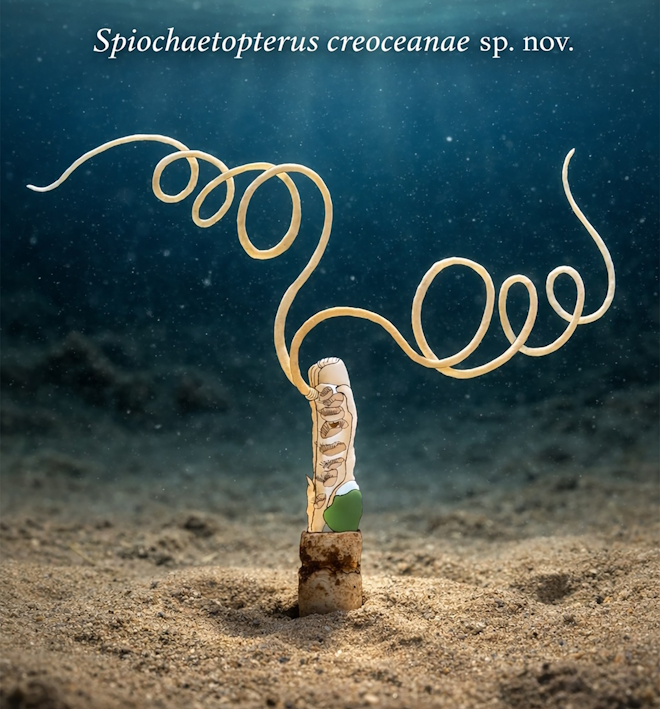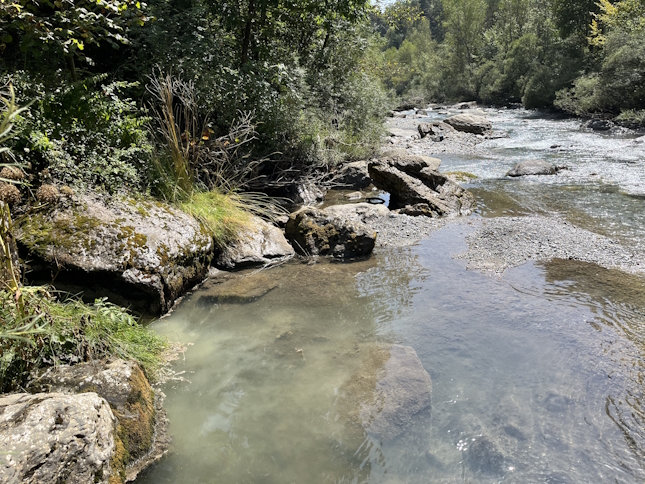Water resources rely on the ecosystem services provided by lakes and reservoirs, which are increasingly threatened by climate change. To address this global challenge, the international network GLEON (Global Lake Ecological Observatory Network) brings together scientists worldwide to understand these changes, anticipate their impacts, and propose solutions. Despite Spain’s strategic importance in the water sector, its participation in GLEON has been limited so far.
The esGLEON project was created to change this by leveraging the appointment of Rafael Marcé as GLEON co-chair. Its aim is to strengthen collaboration among leading Spanish research teams working on lake and reservoir ecology, engage early-career scientists, and bring strategic Spanish topics —such as reduced water flows, loss of ice cover in alpine lakes, or heatwave effects on water quality— to the global research agenda. esGLEON also seeks to enhance ties with Latin America, further boosting Spain’s role within the network.
Beyond scientific advancement, esGLEON strives to inform evidence-based policy, elevate Spain’s international leadership, and promote inclusivity in freshwater ecosystem science. The project also stands out for its commitment to equity, addressing issues such as gender bias in research and disparities in scientific collaboration between the Global North and Global South.









